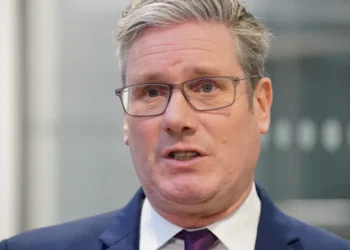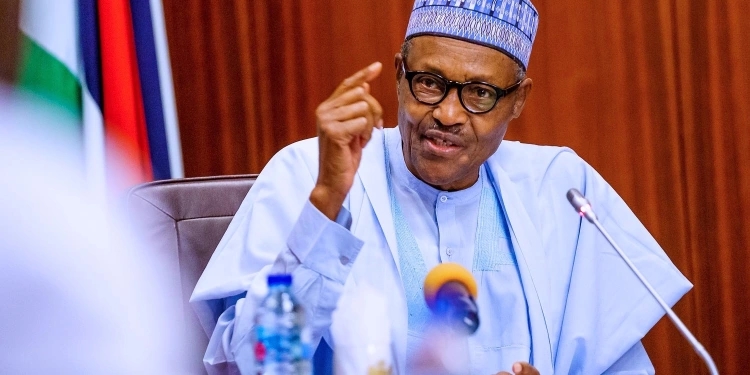The Nigerian Government said that UK Government’s plan to reduce tariffs on duty-free trade in goods exported from Nigeria could potentially grow its exports to the UK from 0.3 per cent to 5 per cent share of the market by 2030 with a value of £14 billion.
This was disclosed by Dr Ezra Yakusak, the Executive Director/CEO of the Nigerian Export Promotion Council (NEPC) in a statement after a workshop on the DCTS in Lagos.
The workshop was organised by the UK-Africa Trade and Investment Service.
The NEPC chief added the move is expected to boost trade with Least Developing Countries (LDCs) through reduced tariffs as well as simplified Rules of Origin for LDCs.
Export growth: The NEPC boss stated that the FG is currently sensitising the Nigerian exporting community on how to take advantage of the scheme. He said:
- “The opportunity for Nigeria to increase its non-oil exports to the UK in sectors where supply currently exceeds the demand are cocoa, fertilizers, sesame, ginger and cashew nuts. Others are natural rubber, cotton, frozen prawn, plantain and tomatoes.”
Some challenges: Yakusak revealed that Nigerian exporters however face other challenges which are roadblocks towards boosting trade, including market access, access to affordable finance, cost and pricing and poor regulatory regime/bureaucratic process.
- “Others are infrastructure deficits such as bad road networks, power outages and dilapidated port facilities, leading to port congestions.”
He disclosed that under the new scheme, DCTS would replace the UK’s current Generalized System of Preference (GSP) while Nigeria would be benefiting from 9500 tariff lines instead of the previous eight, as Nigeria no longer has to ratify the 36 conventions with the UK before trading.
- “This is significantly more generous than both the EU’s GSP scheme and the US’ AGOA scheme and based on current trade volumes, would mean that 99 per cent of goods exported to the UK are duty-free.
- “The average existing tariff on these goods is 7 per cent, meaning these changes make Nigerian exports more competitive in the UK.”
In case you missed it: Nairametrics reported last month that The UK Government announced it has reduced tariffs on duty-free trade in goods exported from Nigeria.
This was disclosed by Mr Ben Llewellyn-Jones, Deputy British High Commissioner to Nigeria at the launch of the Developing Countries Trading Scheme (DCTS) in Lagos.
He stated the move, which will take effect from April 2023, will boost Nigeria’s non-oil export trade as trade volume between UK and Nigeria hits 2.2 billion pounds in 2022, adding that the move to cut tariffs from Nigerian exports will reduce import costs to the sum of £750 million per year for the British consumer.






















